Traveling abroad opens the door to new cultures, unforgettable experiences, and exciting adventures. But while the thrill of exploration is enticing, it also comes with risks, especially when it comes to protecting your belongings. Tourists often become targets for pickpockets, opportunistic thieves, or even simple accidents that lead to lost items. Being proactive about securing your valuables can make the difference between a smooth trip and one filled with unnecessary stress.
The good news is that keeping your items safe doesn’t mean you need to be constantly on edge. With the right strategies, habits, and travel tools, you can dramatically lower the risk of theft or loss.
The following ten smart methods combine practical precautions with modern travel gear to ensure your belongings stay secure, leaving you free to focus on enjoying your journey:
1. Use Anti-Theft Bags

One of the most effective ways to protect your belongings is by investing in an anti-theft backpack or crossbody bag. These bags often feature lockable zippers, cut-resistant straps, and hidden compartments, making it much harder for pickpockets to access your things without being noticed. Some also come with RFID-blocking pockets to protect your credit cards and passports from electronic theft.
Unlike ordinary bags, anti-theft designs focus on deterring opportunistic thieves who rely on quick, discreet movements. While no bag is 100 percent theft-proof, simply using one can reduce your chances of being targeted, as thieves often look for easier victims. Choosing a neutral style that doesn’t scream “tourist” also adds a layer of safety, helping you blend in more easily with locals.
2. Keep Valuables in a Money Belt
A money belt or hidden pouch worn under your clothing is a classic and highly effective method for safeguarding cash, passports, and credit cards. Unlike wallets or purses, which can be snatched quickly, money belts stay close to your body and are nearly impossible to access without your knowledge.
Many modern money belts are slim, lightweight, and breathable, making them comfortable even during long days of sightseeing. They also help reduce the temptation of flashing cash or documents in public, which can draw unwanted attention. Keeping only small amounts of money in your pocket while storing the rest in your money belt ensures you’re always prepared without putting all your resources at risk.
3. Divide and Distribute Your Belongings
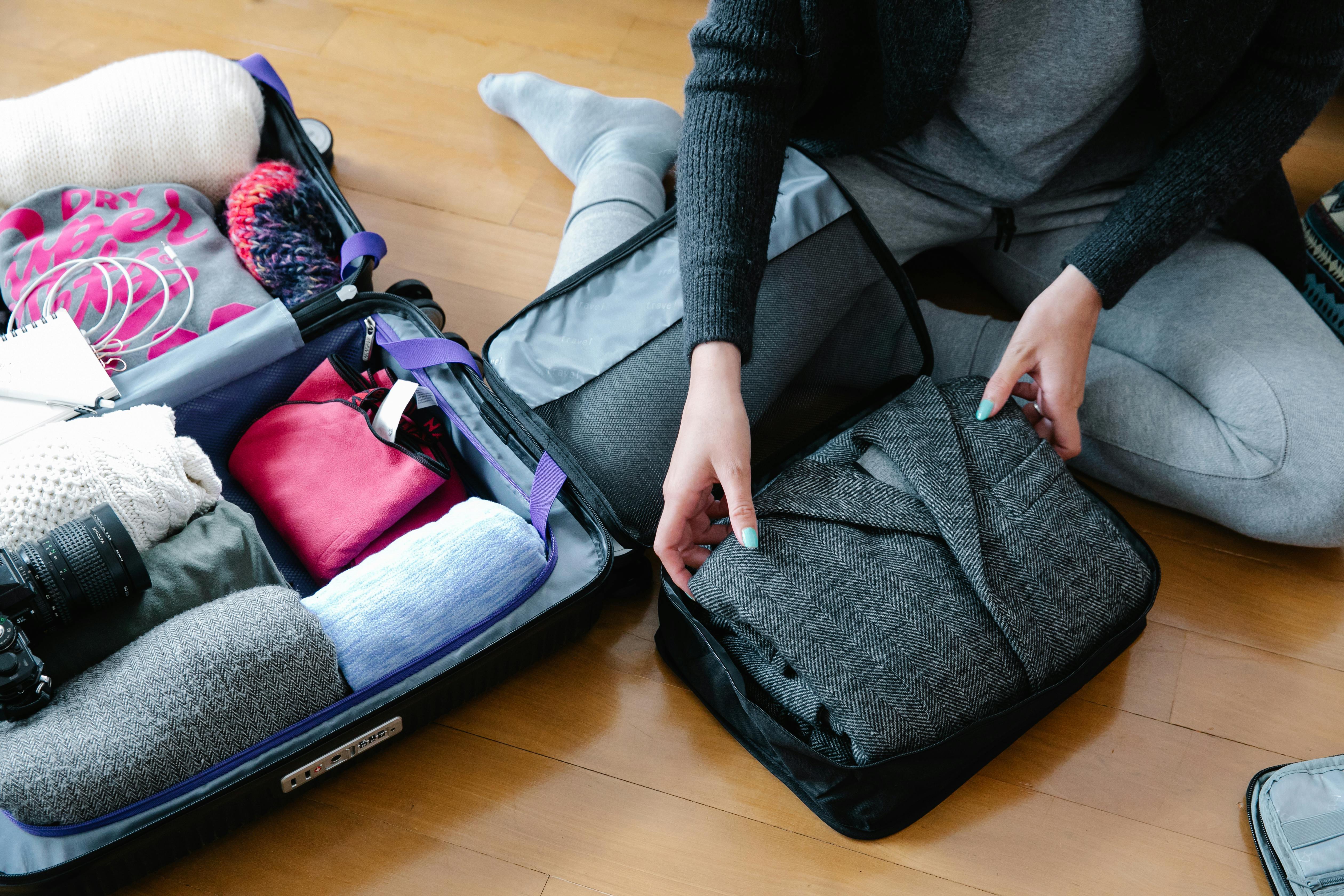
Carrying all your cash, cards, and documents in one place is risky. If your wallet is stolen, you lose everything at once. A smarter strategy is to divide your money and cards across multiple storage spots, perhaps some in a money belt, some in your hotel safe, and a small amount in your day bag.
This simple precaution ensures that you won’t be stranded without backup even if one item is stolen. Spreading out your resources also gives you peace of mind. In the event of theft or loss, you’ll still have access to funds or identification to continue your trip safely.
4. Use Hotel Safes Wisely

Many hotels provide safes in rooms or at reception for storing valuables. While these safes are generally secure, they should be used smartly. Keep passports, extra cash, and electronics locked away when not in use, but avoid storing everything in one place.
It’s also wise to use small travel locks or security pouches inside the safe to add another barrier. Record the contents you’ve placed inside, and double-check before checking out. Consider asking the hotel reception if they offer additional safety deposit options for particularly high-value items.
5. Be Smart About Public Wi-Fi

Protecting your belongings doesn’t stop with physical items; it extends to your digital security. Hackers often target travelers who connect to public Wi-Fi in airports, cafes, or hotels. Without protection, your personal data, including online banking details, can be at risk.
Using a Virtual Private Network (VPN) helps shield your online activity by encrypting your connection. This prevents cybercriminals from intercepting sensitive information. At the very least, avoid logging into financial accounts or shopping online while connected to unsecured networks. Digital theft is less visible than pickpocketing, but it can be just as damaging if not more so.
6. Lock Your Luggage
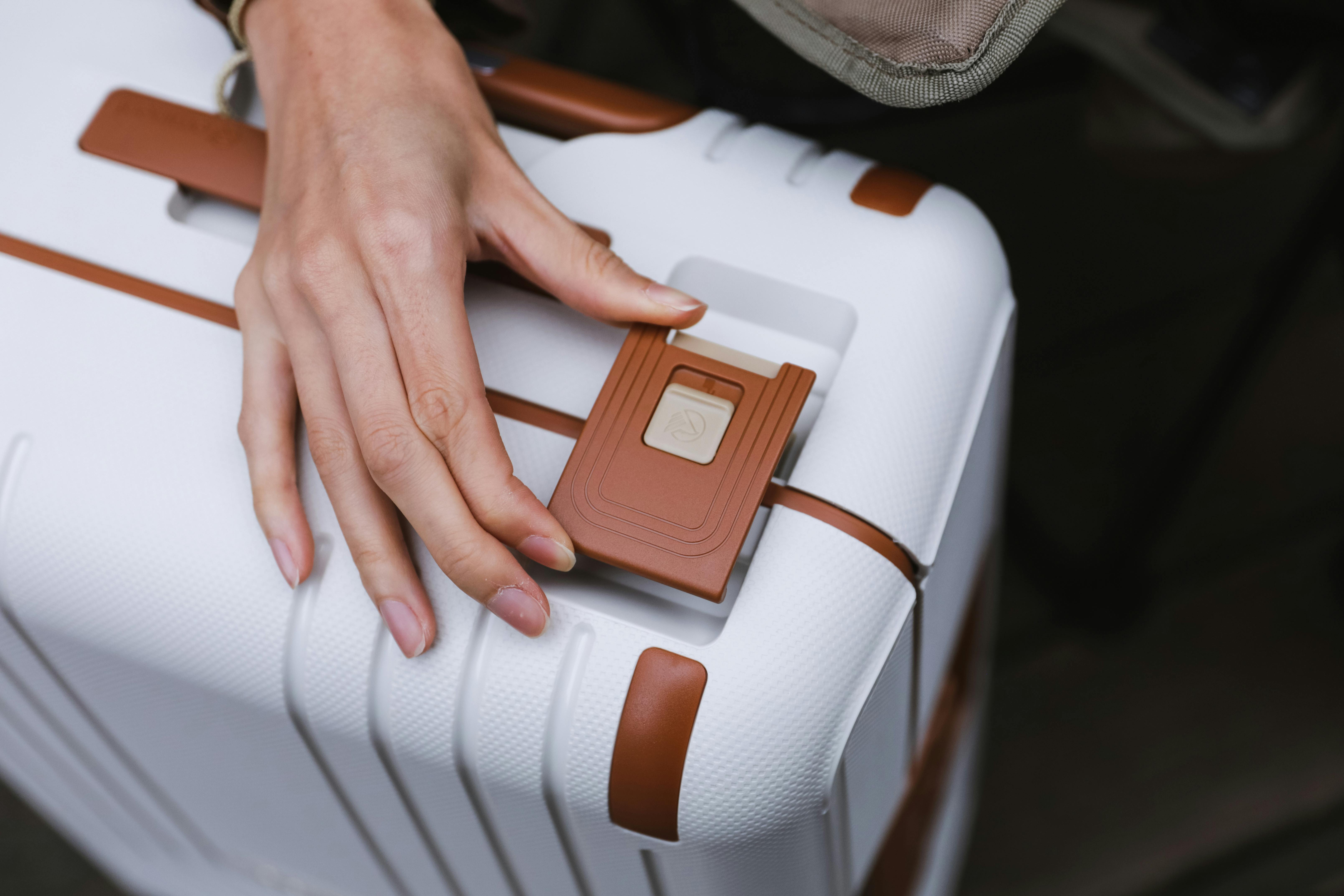
Luggage locks provide an extra layer of protection, especially when checking bags at airports or leaving them unattended for short periods. TSA-approved locks are particularly useful, as they allow security staff to open bags for inspection without damaging the lock.
For carry-on bags, small combination locks on zippers can deter casual theft in busy stations or hostels. They won’t stop a determined thief with tools, but they act as a strong deterrent by slowing down the process and drawing attention. Simple measures like this can discourage opportunists who are looking for easy targets.
7. Avoid Flashing Expensive Items
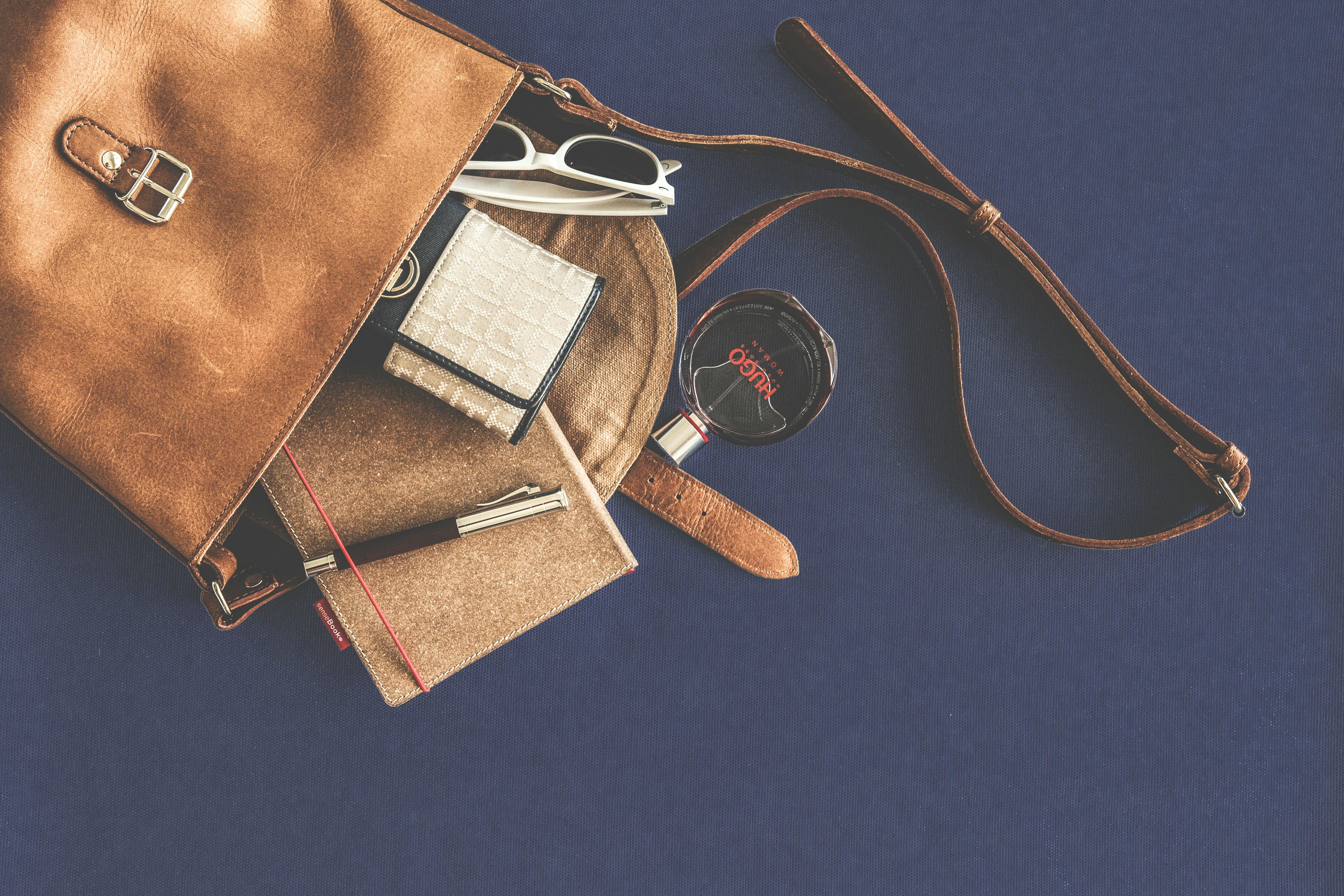
Nothing attracts attention more than displaying expensive jewelry, designer handbags, or the latest gadgets in crowded tourist spots. Flashing wealth makes you an easy target; in some cases, it may even put you in danger.
A safer practice is to travel with understated accessories and limit the use of high-end electronics in public. Keep your camera or phone secure and avoid displaying large amounts of cash. By being discreet, you blend in better with the environment, lowering your risk of becoming a target.
8. Stay Alert in Crowded Areas
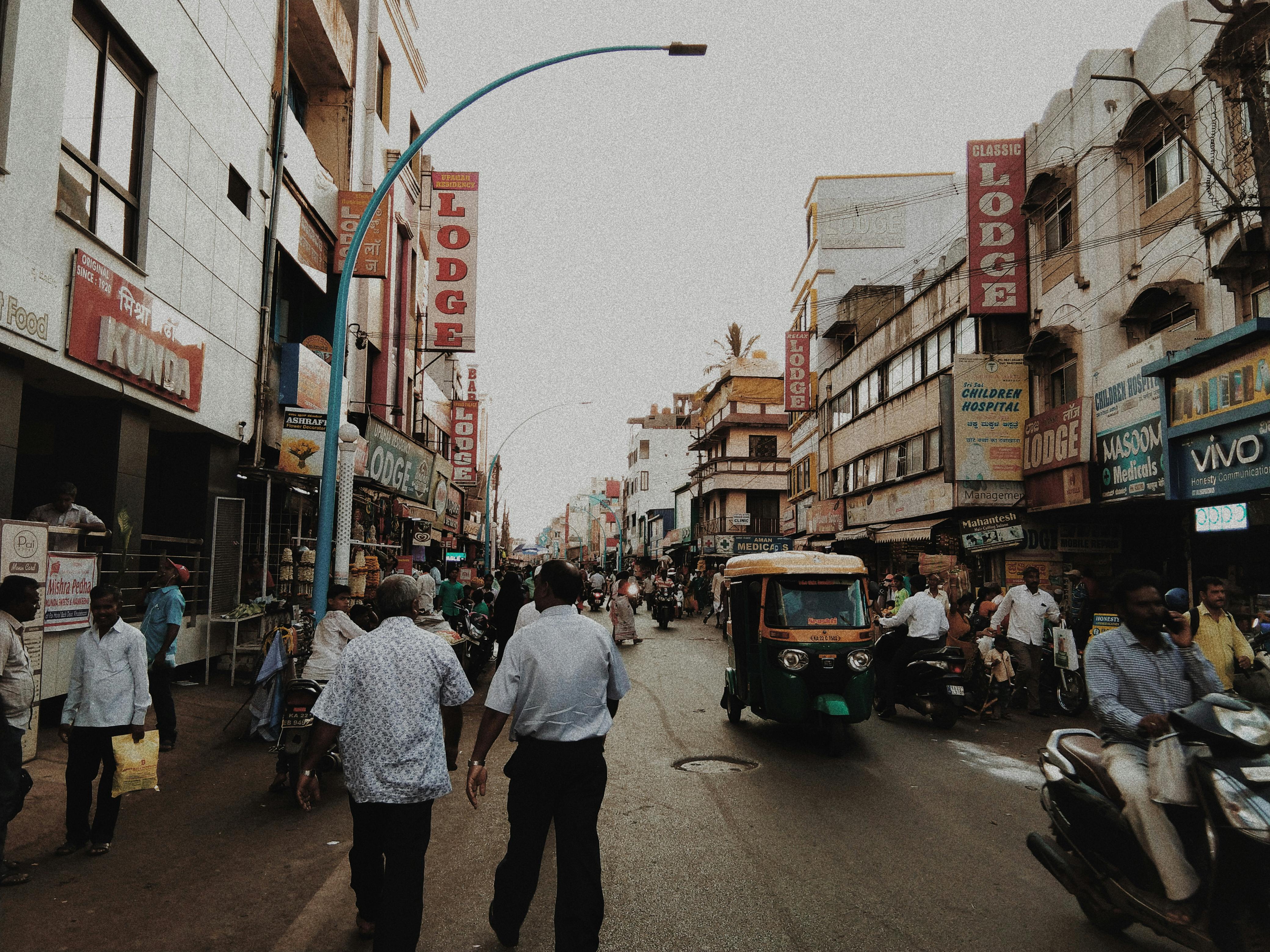
Pickpockets thrive in crowded places like markets, public transport, or tourist attractions. Staying alert in these situations is crucial. Be mindful of your surroundings, avoid being distracted by your phone, and keep your bags zipped and close to your body.
Many thieves work in groups, creating distractions to divert your attention while another person takes your belongings. Knowing these tactics and keeping a heightened sense of awareness in busy spaces makes it much harder for them to succeed. A little vigilance goes a long way.
9. Make Digital Backups of Important Documents
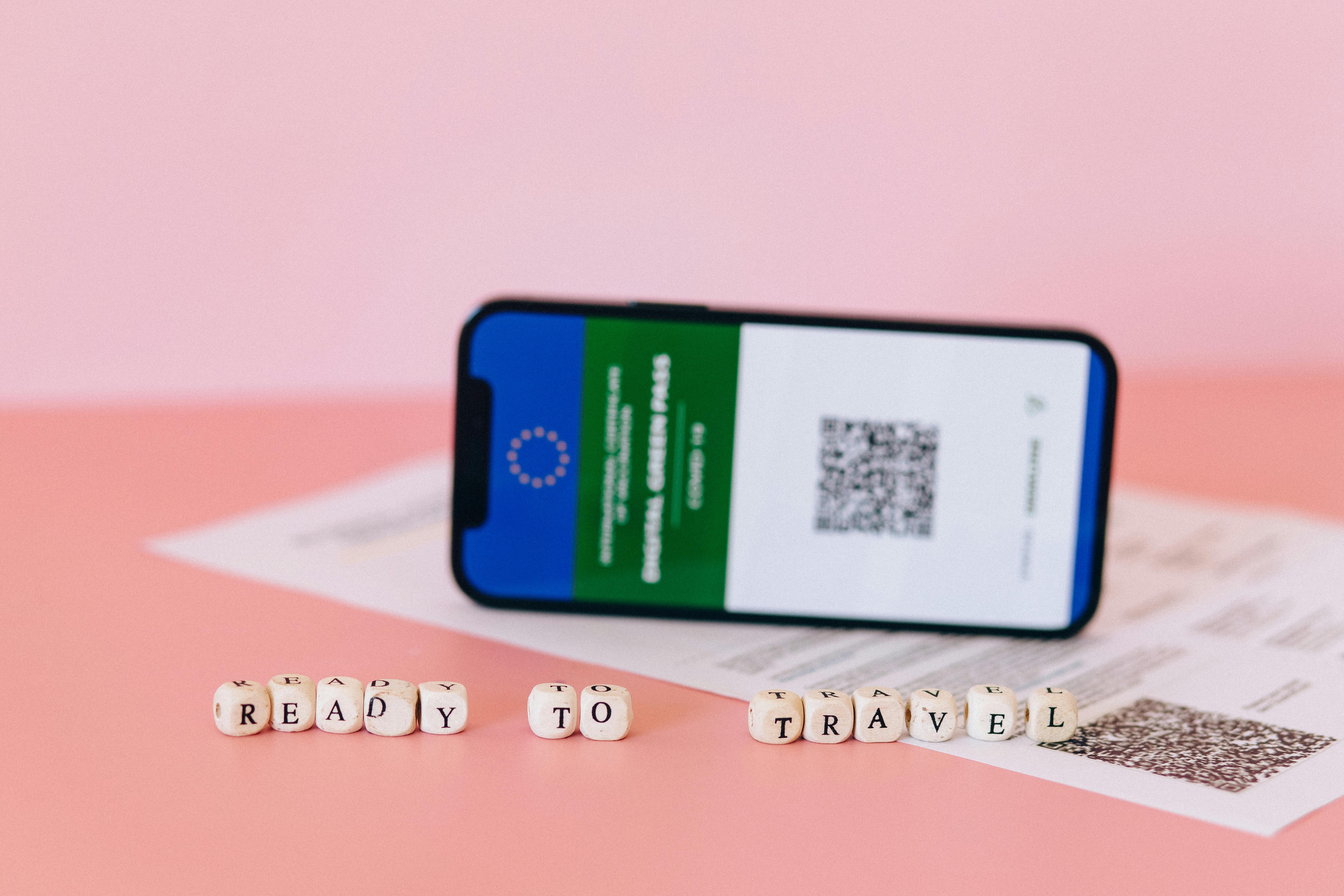
Losing a passport or travel documents abroad can be a nightmare. To prepare for this possibility, make digital copies of your passport, visa, and travel insurance, and store them securely in the cloud or on a password-protected device.
Having digital backups makes it much easier to replace documents at embassies or consulates if the originals are lost or stolen. It also gives you quick access to important details without needing to carry everything with you at all times. This small step provides significant peace of mind.
10. Trust Your Instincts and Stay Low-Key
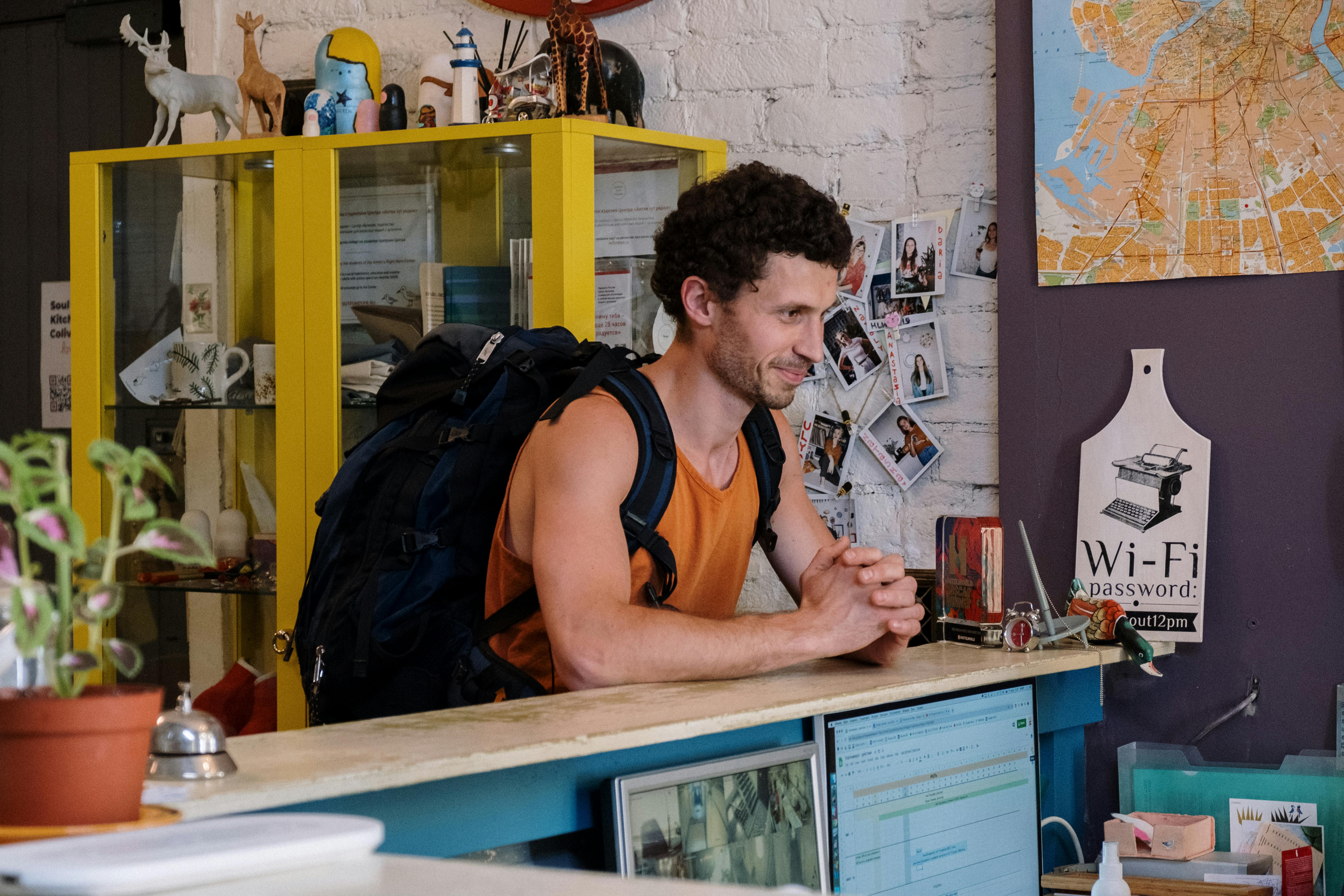
Finally, one of the most underrated travel safety tips is to trust your instincts. There’s usually a good reason if a place or situation feels unsafe. Avoid areas that make you uneasy, and don’t feel pressured to go along with strangers or offers that seem too good to be true.
Maintaining a low profile is equally important. Dressing simply, avoiding loud tourist behavior, and blending in with locals make you less noticeable. Most thieves are opportunists, and they’re far less likely to target someone who doesn’t stand out.
Smart Habits for Safer Travels
Securing your belongings while traveling abroad isn’t about being paranoid—it’s about being prepared. By using anti-theft gear, practicing smart habits, and staying aware of your environment, you significantly reduce your chances of becoming a victim of theft or loss. A few extra precautions allow you to travel with greater confidence, knowing your essentials are safe. In the end, the best trips are the ones where you can focus on the experience itself, not the safety of your belongings.

